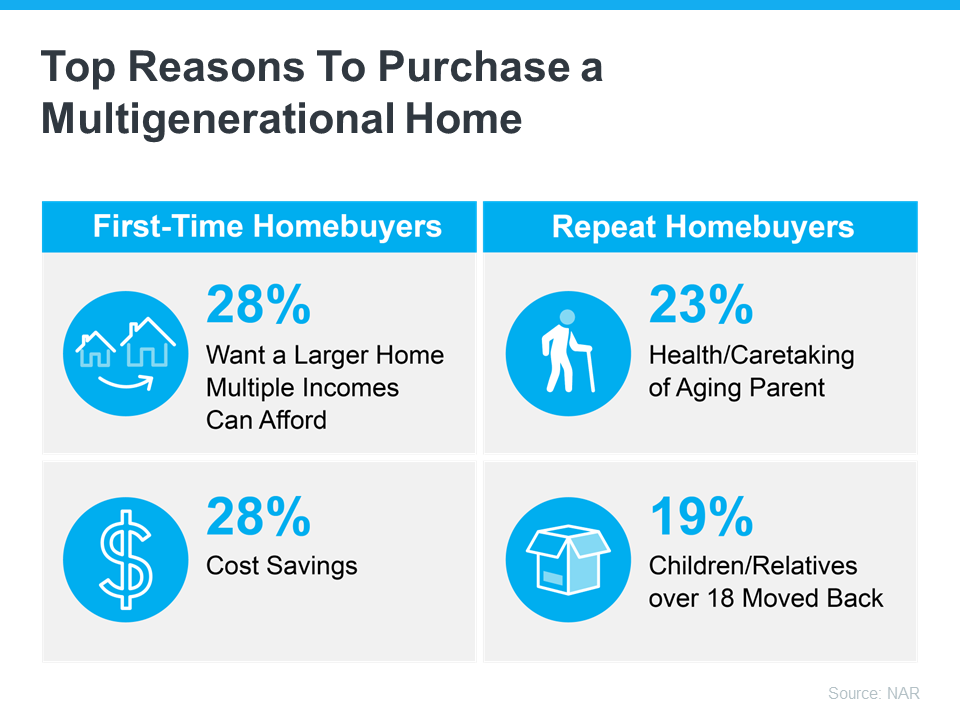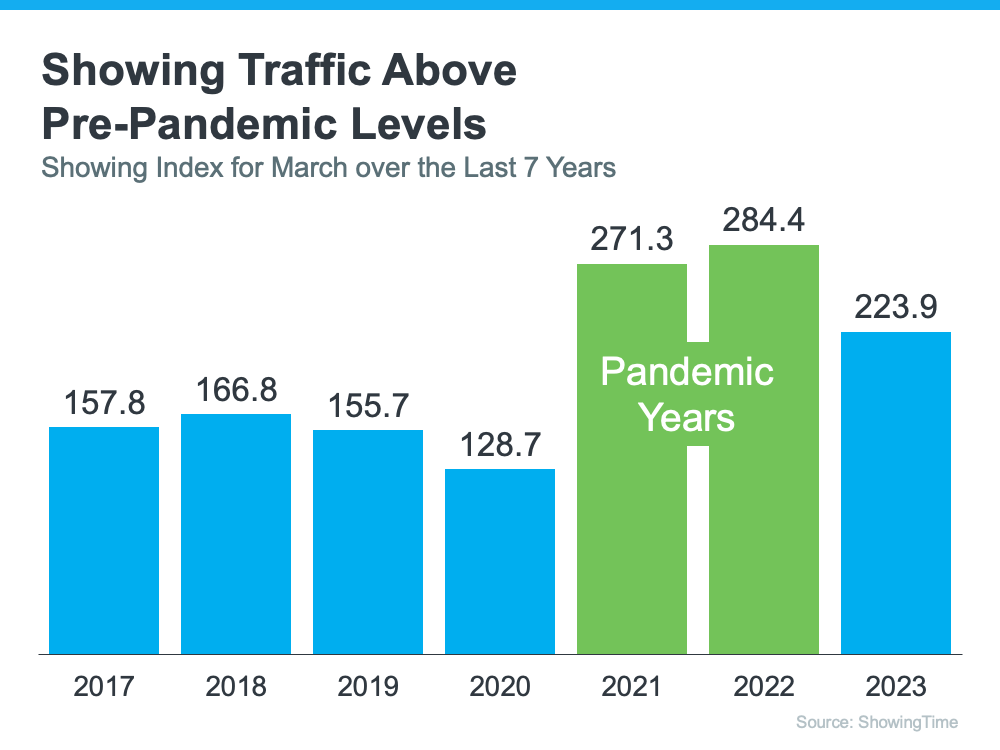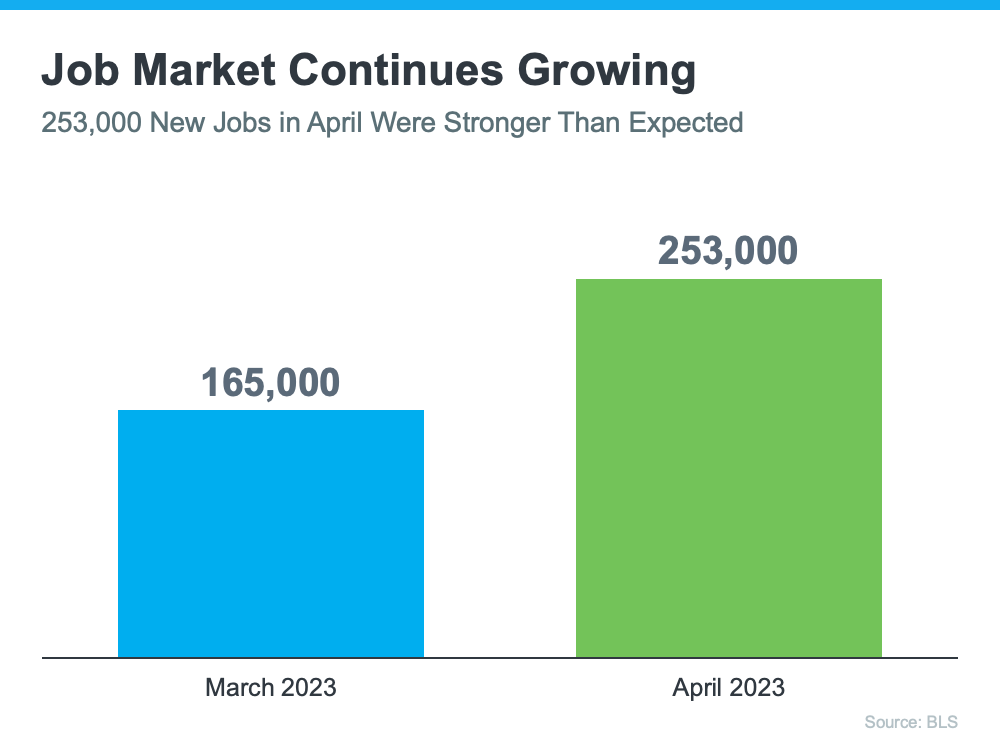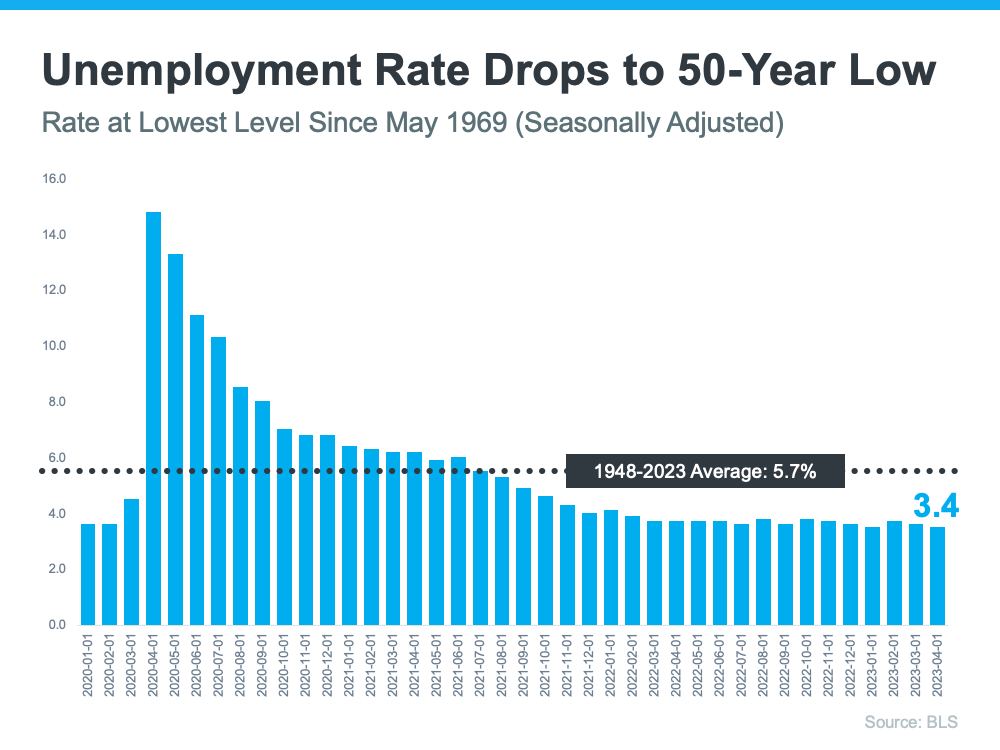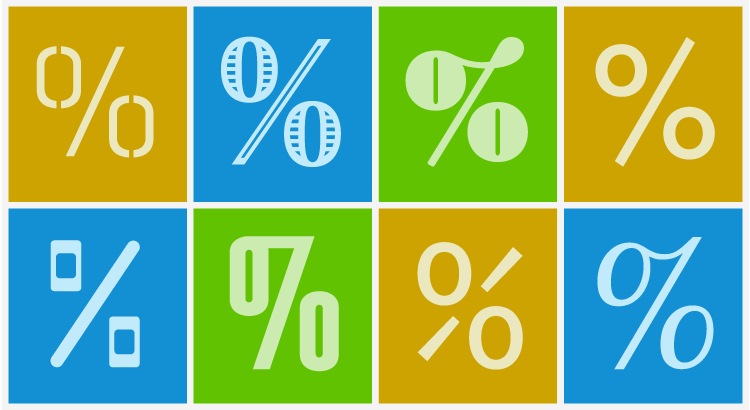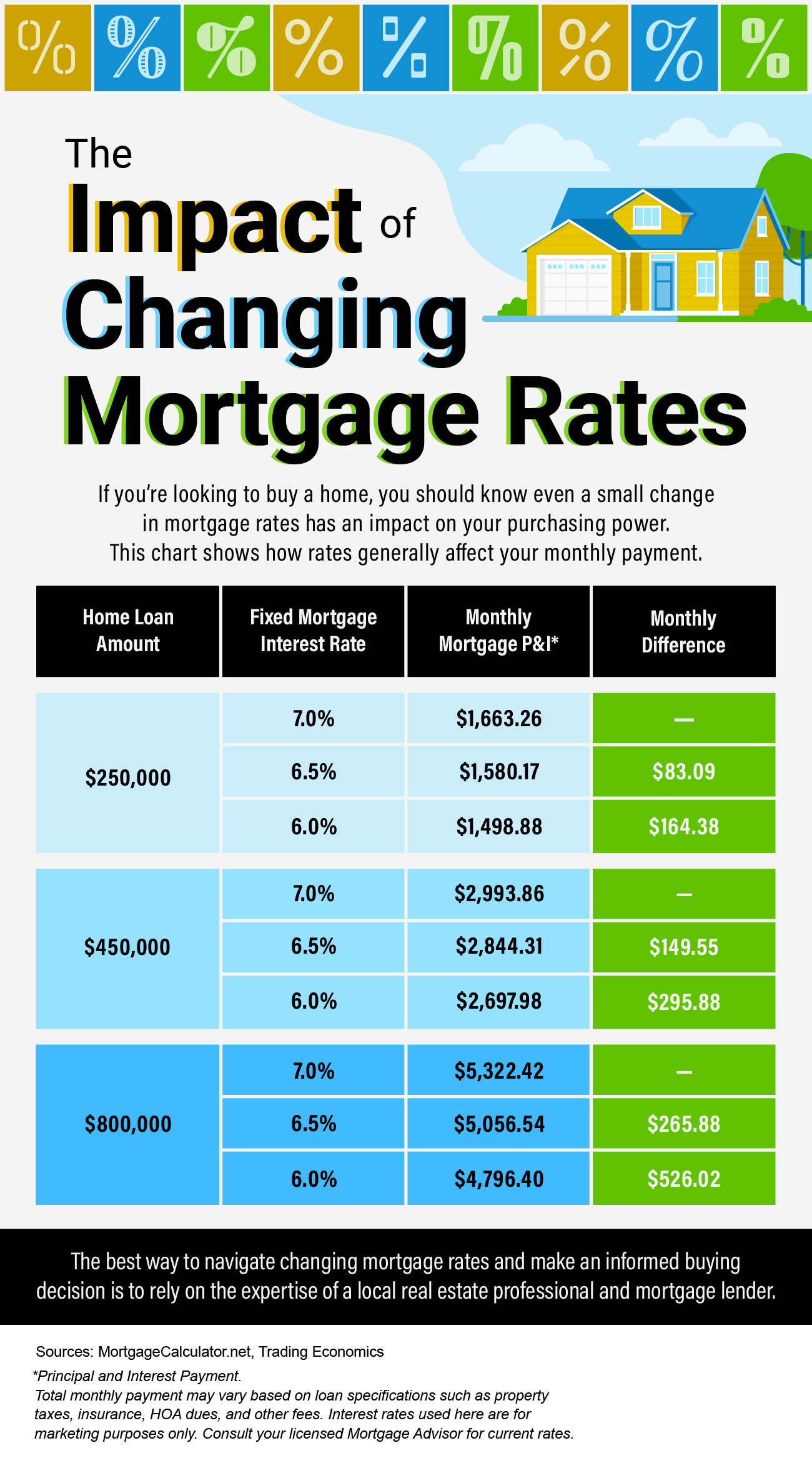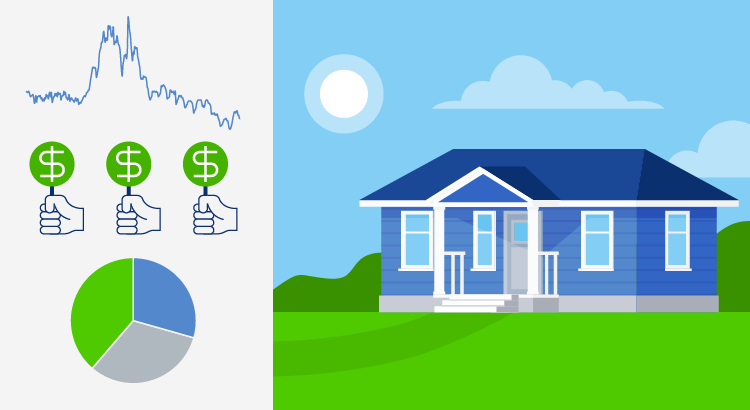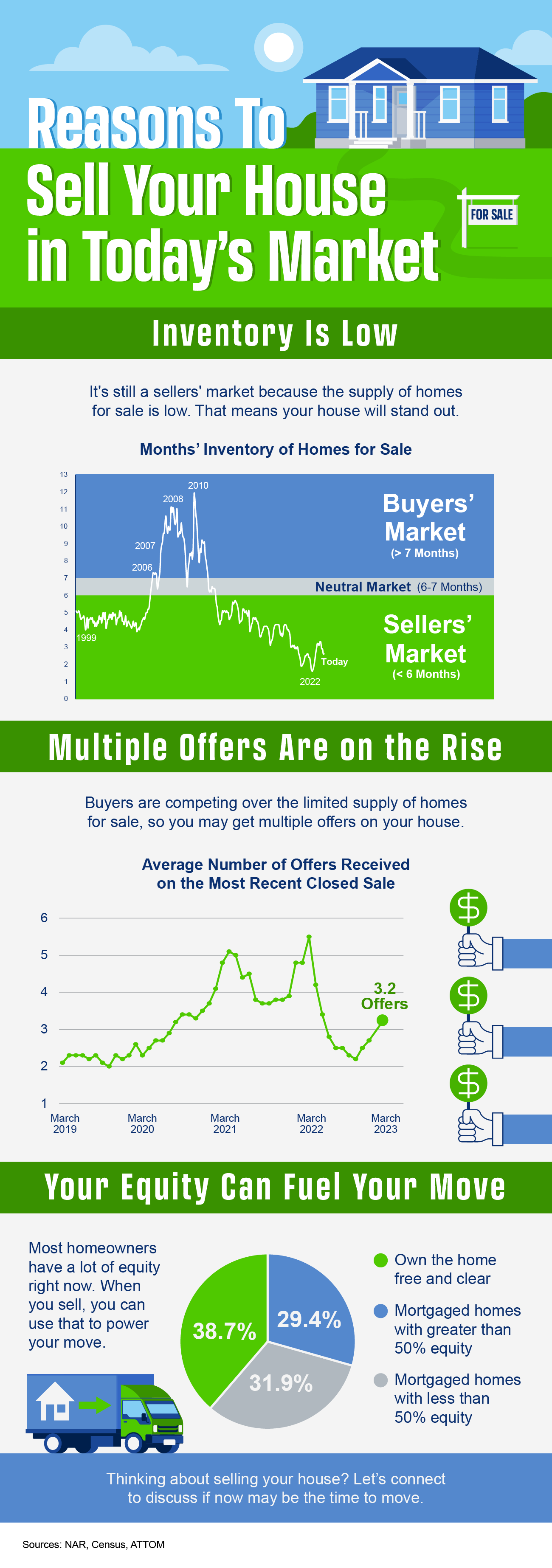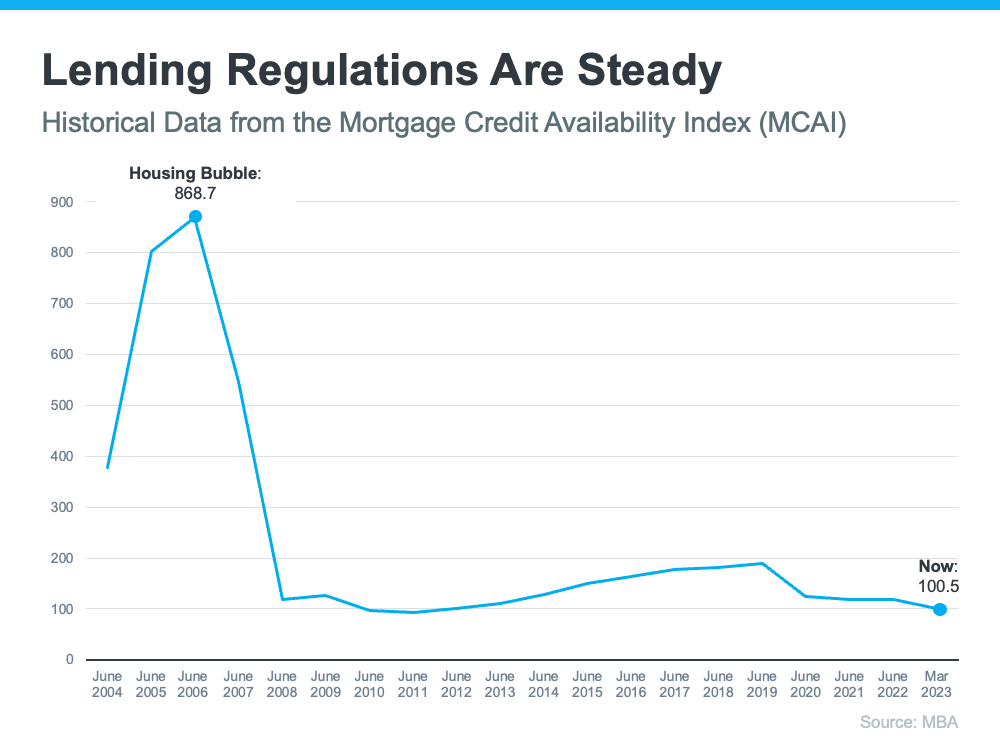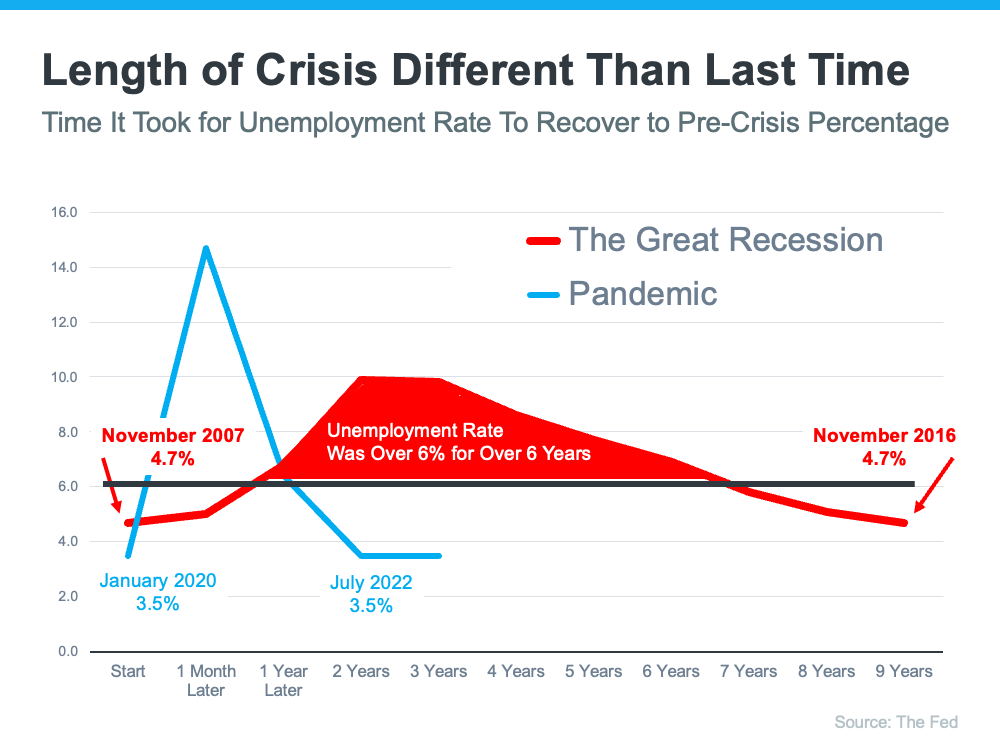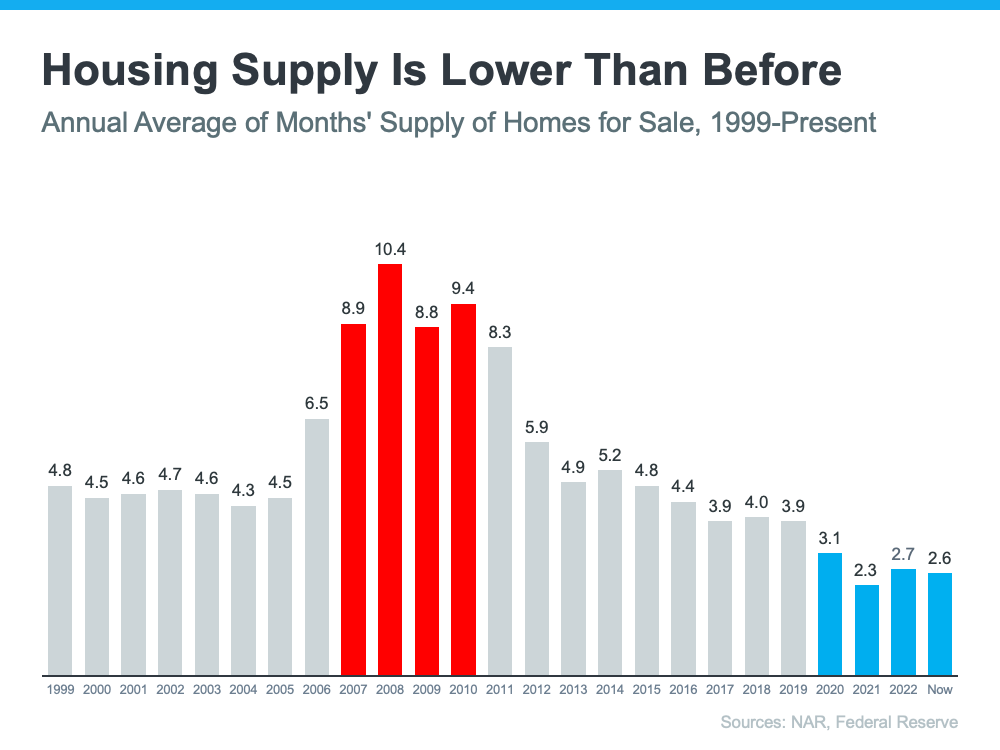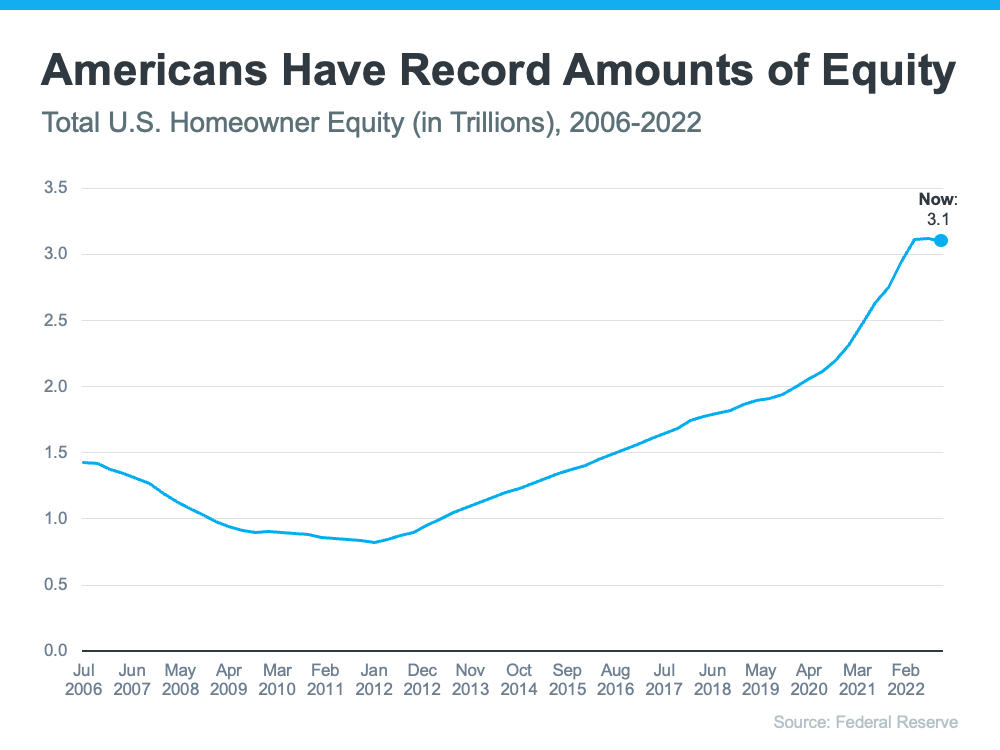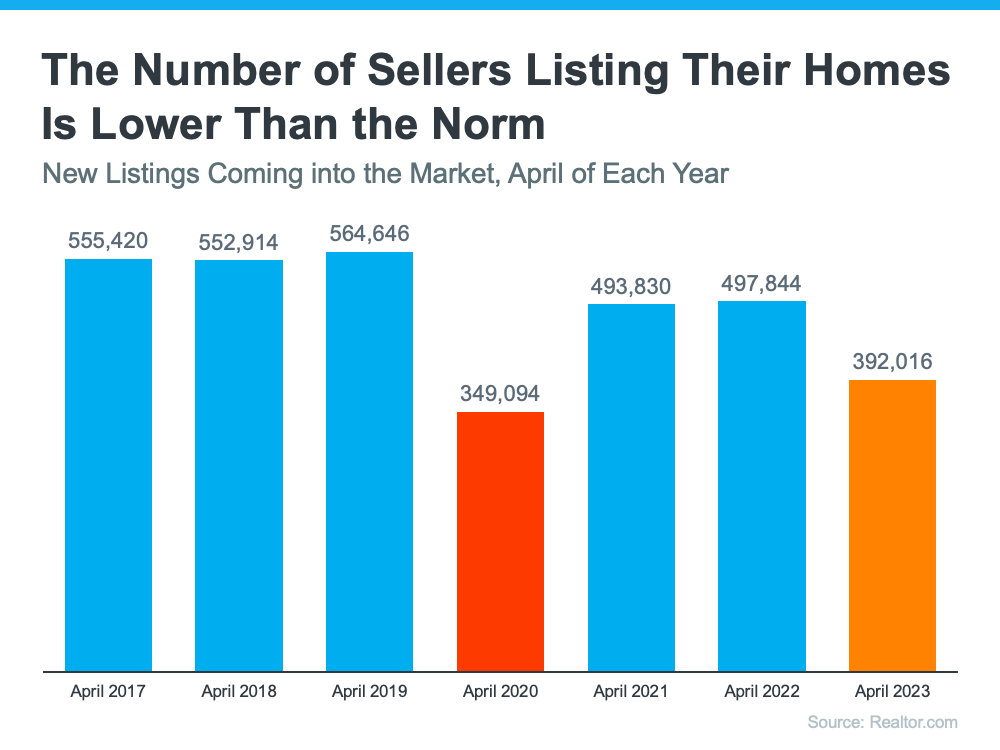Could a Multigenerational Home Be the Right Fit for You?

During the pandemic, many of us reexamined the meaning of home for ourselves and our loved ones. Today, that can be seen in the recent rise in multigenerational households. According to Jessica Lautz, Deputy Chief Economist and Vice President of Economic Research at the National Association of Realtors (NAR):
“Multi-generational buying may be a home where families live in the same home with elderly parents, children who have boomeranged back home, or other extended family members. While this is not a new concept of living, it is one which has gained recent popularity.”
And citing data from Pew Research Center, the Wall Street Journal (WSJ) says:
“. . . multigenerational living has made a comeback in recent years, particularly after the 2008 financial crisis and during the pandemic.”
So, if buying a multigenerational home has crossed your mind, you aren’t alone. Depending on what stage of homeownership you’re in, there are different reasons it could be the right fit. The chart below shows responses to a recent survey from NAR about the reasons people have bought a multigenerational home:
Whether your motives are financial or focused on the people you’ll share your home with, a multigenerational home has distinct advantages. It can make homeownership more affordable, and it can help you best support your loved ones. As Lautz explains:
“Multi-generational home buying is a way for families to care for one another, support one another, and often buy a home that may have been previously out of reach. . . . The trend of multigenerational buying appears to be firmly established and one that could expand in the future.”
Bottom Line
If you’re ready to buy a house, consider the opportunities of a multigenerational home. Let’s connect so you can explore your options in our area.


 Facebook
Facebook
 X
X
 Pinterest
Pinterest
 Copy Link
Copy Link

